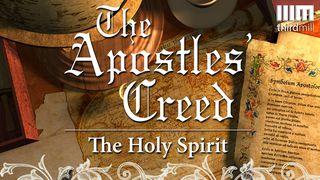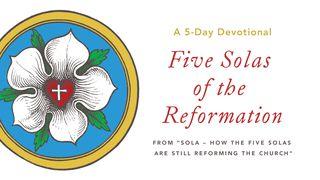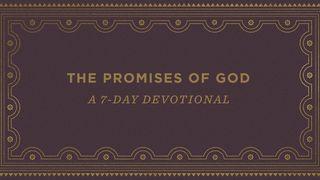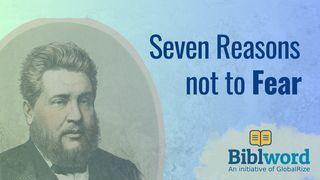Plan info
The Apostles’ Creed: The Articles of FaithSample
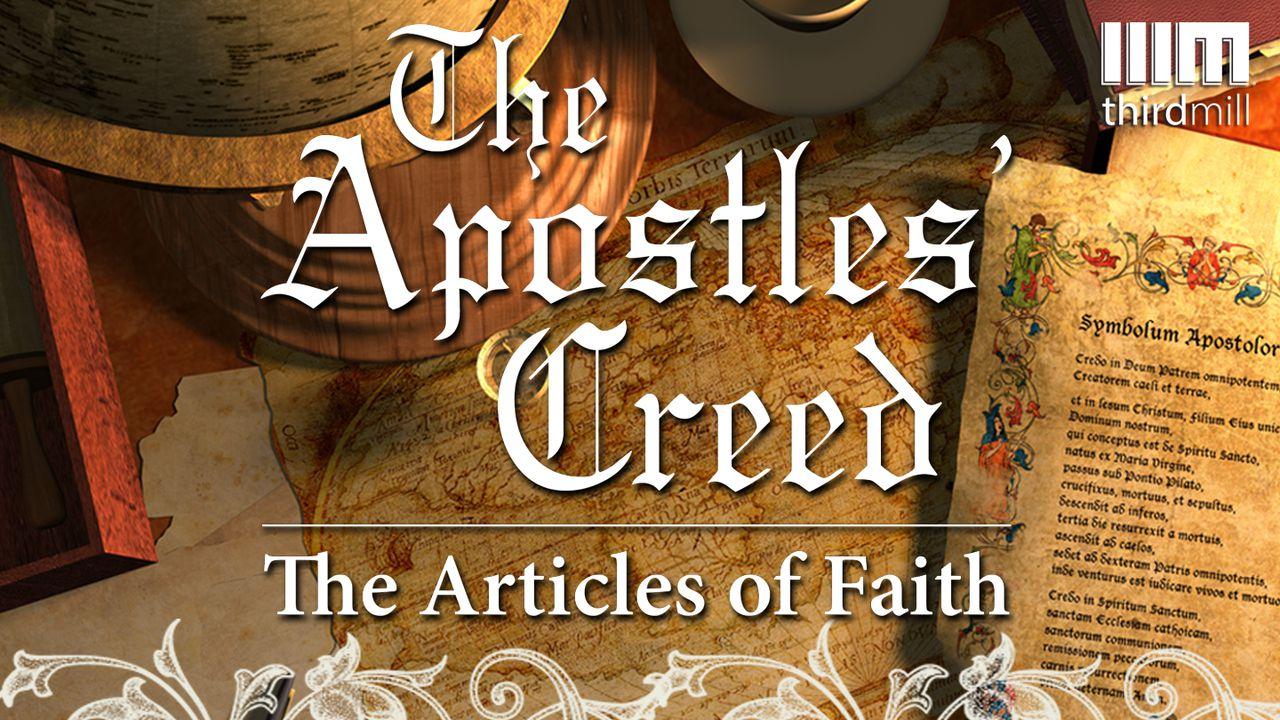
The Tradition of Sola Scriptura: 2 Timothy 3:16
In our day, many Christians are suspicious of creeds, and it isn’t difficult to understand why. Although very few people would outspokenly claim that a creed has the same authority as Scripture, sometimes well-meaning Christians treat certain creeds if they were equal to the Bible itself. But no creed should ever be elevated to this level in theory or in practice
The Bible is our only inspired, infallible rule of faith and practice. Creeds, on the other hand, are fallible teaching tools that summarize our understanding of Scripture. And as we are about to see, the Apostles’ Creed was created to help Christians learn and remain true to the teachings of the Bible.
Consider the words of the early church father Origen in the Preface to his work On First Principles , written in the early third century:
All who believe ... derive the knowledge which incites men to a good and happy life from no other source than from the very words and teachings of Christ. And by the words of Christ, we do not mean those only which He spoke when He became man ... for before that time, Christ, the Word of God, was in Moses and the prophets... Moreover ... after His ascension into heaven He spoke in His apostles.
Origen taught that Scripture in all its parts was the word of Christ, and that it was the source of all true doctrine.
And consider the words of the early third-century bishop Hippolytus, in section 9 of his work Against the Heresy of One Noetus :
There is, brethren, one God, the knowledge of whom we gain from the Holy Scriptures, and from no other source.
The early churches believed that the whole Bible was Christ’s word, given to believers by the apostles. In this regard, they affirmed the concept that theologians often call sola Scriptura or Scripture alone. This is the perspective that Scripture is the only infallible rule of faith, and the final arbiter in any theological controversy.
We find a clear example of this in the writings of Basil, who was elected bishop of Caesarea in A.D. 370. Basil was a strong defender of the traditions or customs of the church, and often expressed his beliefs that these traditions could be traced back to the apostles. Nevertheless, when there was a question about the truthfulness of these traditions, he appealed to Scripture as the final authority. Consider Basil’s words in his Letter 189 , written to Eustathius the Physician:
Let God-inspired Scripture decide between us; and on whichever side be found doctrines in harmony with the word of God, in favor of that side will be cast the vote of truth.
Here Basil admitted that some churches affirmed one set of customary ideas in their rule of faith, while other churches had contradictory customs. So, he appealed to Scripture as the highest authority to settle the matter.
Scripture
About this Plan
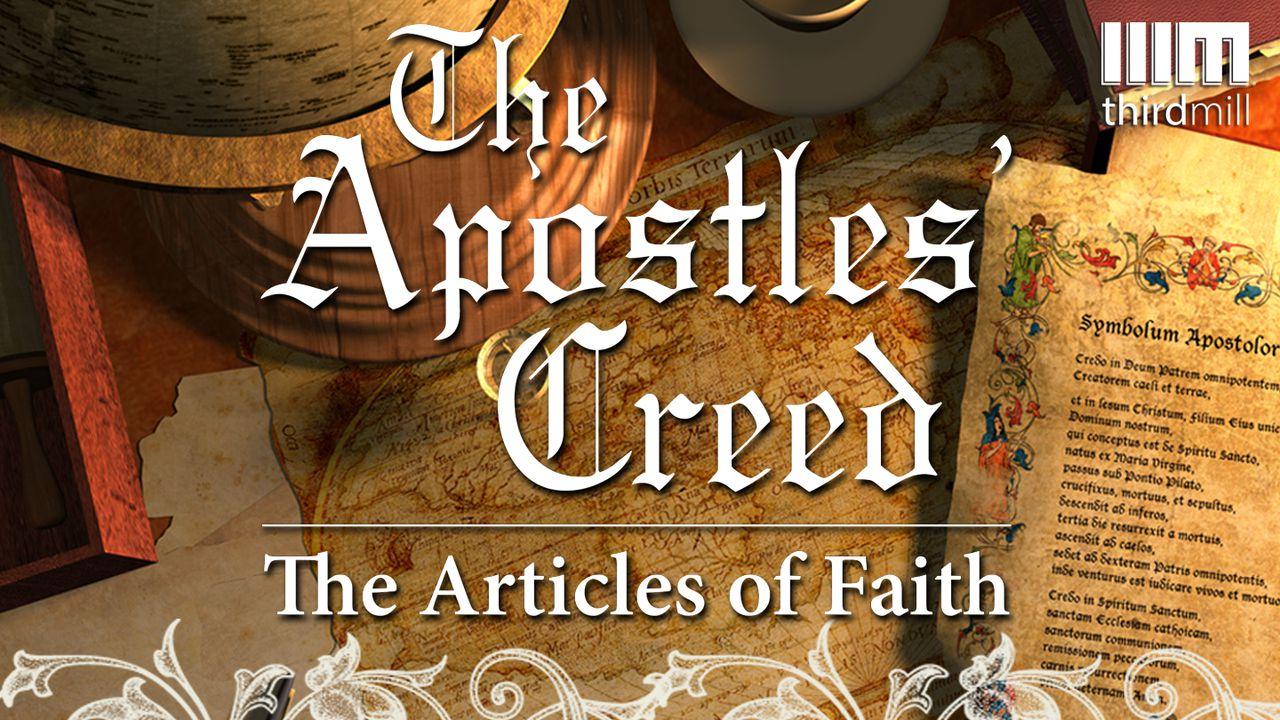
This reading plan looks at the Apostles' Creed as a summary of the articles or doctrines that must be affirmed by all those who would call themselves "Christian." It speaks of the history of the Creed, provides an overvi...
More
